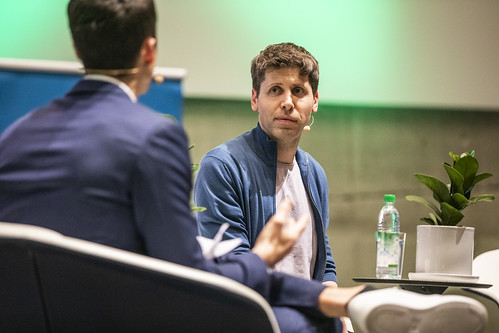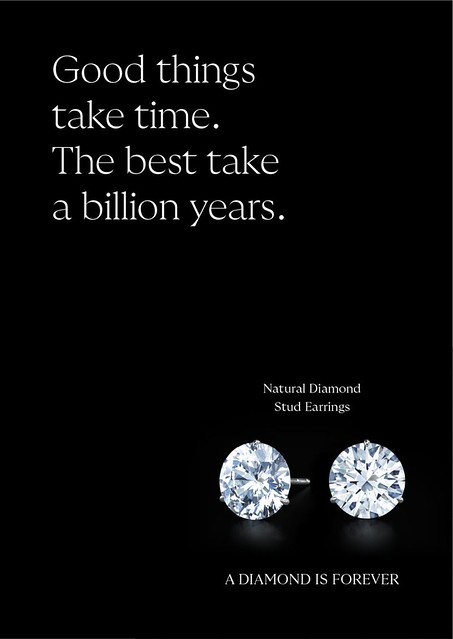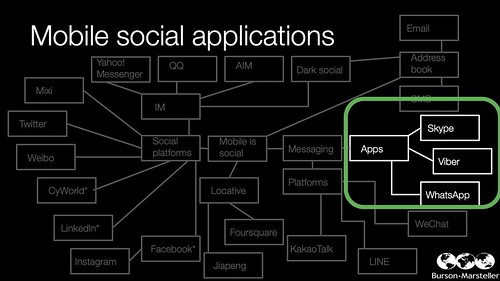Open AI
Is Open AI the equivalent of Sir Hiram Stevens Maxim? Maxim invented the Maxim gun. A belt fed machine gun that helped colonial powers grab territory in the scramble for Africa. It was reputedly used by one British official to help clear game from land that was soon to be put to farming use in Kenya. Later on it was used by both sides in the Russo-Japanese war and World War 1, due to Maxim’s business associate Sir Basil Zaharoff.
Investors are betting that Open AI will have a similar role in the battle shaping out between tech giants over generative machine learning related processes.
When a company that has issues with making profits can raise money at a valuation of $85bn, it becomes abundantly clear that investors in generative AI have taken leave of their senses
OpenAI – Haymaker – Radio Free Mobile
I can understand the argument that Richard Windsor is making with this argument. While others might point out how dominant funding drove Amazon’s present-day monopoly, there are other precedents like Netscape, General Magic, Uber and WeWork that others can point to.
There are bigger questions about whether the LLM approach is in itself a limited model to pursue? If so, Open AI could look more like when IBM bet the farm on Josephson Junctions. The use of synthetic data implies that LLM scaling might already be at its limit. Nvidia looks like a better bet from this angle despite its own extremely high valuation.
It looks like Amazon is not buying into the ‘Maxim’ hypothesis either: Amazon to invest up to $4B in generative AI developer Anthropic – SiliconANGLE – these are the people behind Claud.ai
Consumer behaviour
How Anthony Downs’s Analysis Explains Rational Voters’ Preferences for Populism – ProMarket
Design
“People living with disabilities are done waiting for accessible designs” | Dezeen
Ethics
Brand purpose has a lot of issues, but it’s worthwhile bearing in mind the kind of marketing Unilever was pushing out prior to buying fully into the concept. These efforts came to light from social sharing about the the British ‘vulgar wave’ that contextualised Russell Brand.
While China’s ads skewed conservative compared to the UK’s vulgar wave of 1997 – 2012, this Axe (Lynx in the UK and Ireland) ad isn’t exactly on brand purpose. The spokesperson in the advert is Edison Chen. At the time Chen was a star in Hong Kong’s entertainment circles. But getting involved in street fights and a leaked hard drive full of pornographic images of girlfriends he dated meant he withdrew from the industry. Now he is better known for owning streetwear brand CLOT.
And in the UK….
Adidas Selling $500 Running Sneakers Only Meant to Last for One Race – is the ADIZERO Adios Pro Evo 1 the ultimate flex, or the ultimate green trolling move by adidas and why do they cost 500 USD?
FMCG
Dove Sparks Boycott Calls Over New Partnership—’Never Buy Them Again’ | Newsweek – controversial question, but have Unilever gamed out that conservatives are more likely to use Irish Spring or similar products over Dove? I suspect that there might be something in the semiotics of cleanliness in this. African Americans by contrast might have challenges like ashen skin that would benefit from soap that cleans and moisturises, hence the popularity of shea butter based products.
Hong Kong
Architect Demi Lee on Kowloon’s Walled City. The comparison with the idea of rhizome was very interesting.
Ideas
Demi Lee’s video on how elements of cyberpunk are leaking into our current reality.
Dyson and the divide over working from home | Financial Times – this was true, then why is the Dyson vacuum cleaner and ball barrow held up as an exemplar of the plucky solo inventor / tinkerer toiling away in his potting shed / workshop?
Innovation
Intel Innovation 2023, Pat Gelsinger and the Future of the PC | Technewsworld – interesting areas of evolution, put efficiency and the right tool for the right job still need to be considered
Q-Ships: An Option the Royal Navy Cannot Afford to Ignore | RUSI
Legal
Could ‘algorithmic destruction’ solve AI’s copyright issues? – Interesting article in the San Francisco Chronicle.
Luxury
Private equity company buys out family owned business and flips it as IPO: Birkenstock CEO Oliver Reichert: The Man Behind the Luxury Sandals – DER SPIEGEL
The affluent Chinese tourist post-pandemic: What’s changed and how is luxury hospitality adapting?
Europe’s Big Luxury stocks head into a bear market | RTÉ – I am surprised Hermés got belted seemingly harder than LVMH?
Media
DVD Rental Online – Rent DVD & Blu-Ray Films Online at Cinema Paradiso – better than Mubi and BFI Player
Online
Is the NFT Market Abandoning Artists? – Jing Culture & Crypto – not surprising
Indonesian ban on social media transactions deals TikTok major blow | Financial Times
Software
‘Robots can help issue a fatwa’: Iran’s clerics look to harness AI | Financial Times
Schwab Network on generative ‘AI’ systems
Web of no web
The Metaverse – Volatile times – Radio Free Mobile
Google’s therapeutic smart speaker | Patent Drop – looking to emulate empathy











